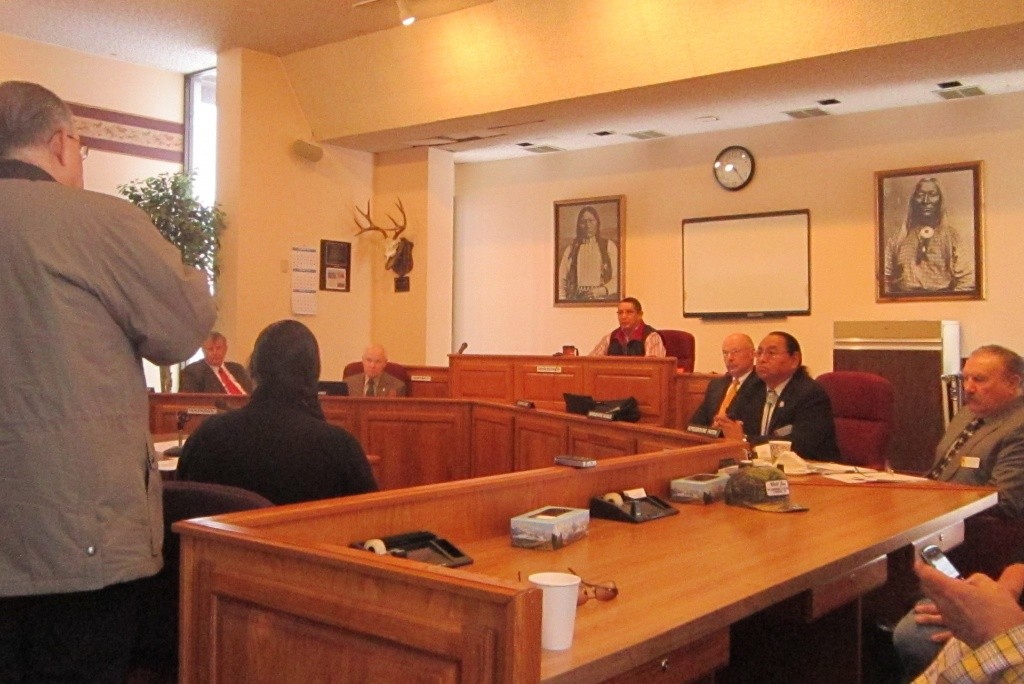Aging Taking Care of Business Joint Bank Accounts Deciding About Joint Bank Accounts; Aging OADS
Post on: 25 Апрель, 2015 No Comment

Chapter 3 — Joint Bank Accounts Deciding About Joint Bank Accounts
On this page:
Deciding About Joint Bank Account
A Joint Bank Account is a common arrangement that people use to allow more than one person to access money in an account. However, before you decide to create a Joint Bank Account, it is important that you understand the risks and consequences of having a Joint Bank Account. It is important for you to realize that both you and the other person will be considered joint owners of the money in that account, regardless of whose money it may actually be. This means that the person you add on your account as the joint owner has the right to withdraw funds from that account without notifying you.Therefore, if you have a Joint Bank Account it is very important that the joint owner of your bank account be someone whom you trust.
Before creating a Joint Bank Account, you should carefully weigh the advantages and disadvantages of having this type of arrangement and depending on your situation consider whether there are other arrangements that suit your needs better, especially if your only purpose in creating a Joint Bank Account is for financial management in case you become incapacitated. If you decide to create a Joint Bank Account, you may want to talk to your financial institution to see if there are any appropriate safeguards or protections for your account that might be available.
Consequences of a Joint Bank Account
Another aspect of a Joint Account you should be aware of is what happens to the money in the account after one of the joint owners dies: the money in a Joint Bank Account will go directly to the other joint owner of the account and not to the people named in your will or heirs. Some people consider this an advantage of having a Joint Bank Account since the money will not have to go through procedures in Probate Court.However, this may be an unintended consequence if what you really wanted was to have the cash included in your estate and shared with other people who are not named on the Joint Bank Account.
In addition, as mentioned above, Joint Bank Accounts also carry the following risks:
- Either one of the joint owners to a Joint Bank Account can make unlimited withdrawals from the account without obtaining the others approval. In fact, either joint owner acting alone can empty the account.
- If your relative or friend does take money for his or her personal use rather than for your benefit as originally agreed, it may be very difficult to get that money back. You may need to bring legal action against that individual.
Clearly, when a Joint Bank Account is used it is very easy for an untrustworthy friend or relative to take another person’s money. If you have had money taken from your account for purposes you have not agreed to, contact a lawyer immediately. Friends and family members who promised to help have a moral and legal obligation to fulfill their promises.
Joint Bank Accounts and MaineCare
If you are living in a nursing home or expect to have to go to a nursing home in the coming years, you should consider the effect that having a Joint Bank Account will have on your eligibility for MaineCare. MaineCare coverage is very complex and the rules change often. You should consult the Department of Health and Human Services Office of Integrated Access and Support, Legal Services for the Elderly or a private elder law attorney for information and advice about your own situation.
Tax Concerns with Joint Bank Accounts
There may also be tax issues to consider in using a Joint Bank Account depending on the amount of money in the Joint Bank Account. You may need to consult a financial advisor or attorney to determine if there will be any income or gift tax implications to your being a joint owner of the account.
Joint Ownership of Real Estate and Other Property
Most married couples own houses, cars, stocks, bonds and other property jointly. However, the rules of joint ownership of these other types of property differ from those of Joint Bank Accounts. For example, if two people are named as joint owners of a house, the law will not allow either of them to sell the house without the permission of the other joint owner.
Consequently, if you become incapacitated your spouse (or whoever else is named as joint owner) would be unable to dispose of the property to get money for your care and support. In order to do so, that person would need to have authority under a Durable Power of Attorney for Finances, a Trust document or be appointed as your Conservator.
Using a Joint Bank Account in Connection with a Durable Power of Attorney for Finances
Even if you do have a Joint Bank Account, it may be advisable to also have a Durable Power of Attorney for Finances. The Joint Bank Account will allow another person to access the money in that particular account. However, it will not enable that person to make other transactions for you that may be necessary involving real estate, personal property, stocks and bonds, pensions, insurance policies and health benefits. Durable Powers of Attorney for Finances are discussed in the next chapter.














